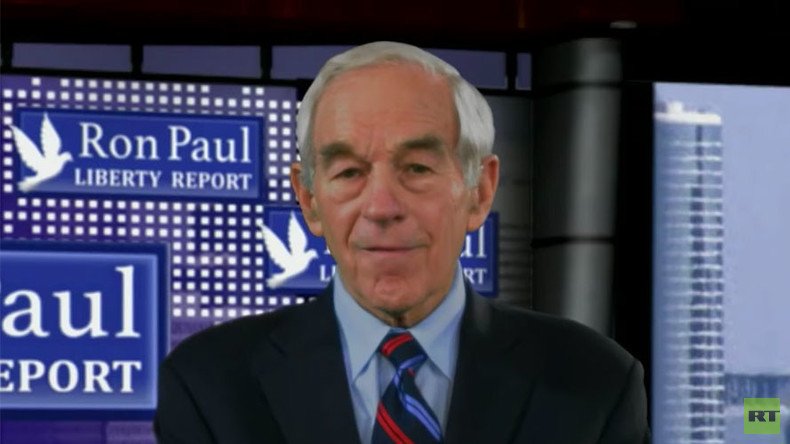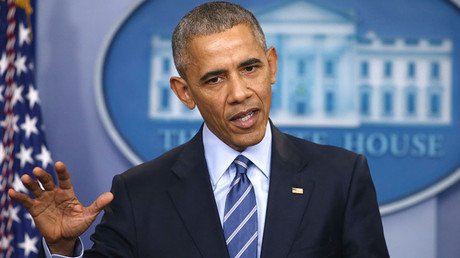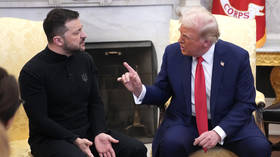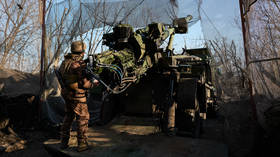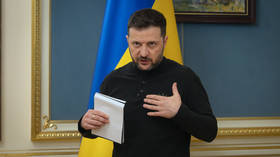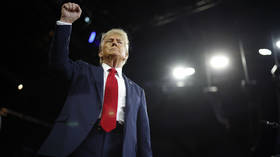CIA meddled in ‘hundreds’ of elections: Ron Paul talks Russia-blaming, fake news and more on RT
US government “propagandists” push for a foreign policy of “intervening around the world,” former presidential candidate and founder of the Institute for Peace and Prosperity, Dr. Ron Paul, told RT in a wide-ranging interview that also touched on Syria.
Following reports that former Secretary of State Hillary Clinton blamed Russian President Vladimir Putin for personally directing a cyberattack that cost her the 2016 presidential election, Dr. Paul shrugged off the allegations as a “fiasco” in an interview with RT’s Neil Harvey.
“I think they're just agitating, because they lost the election. They're throwing out accusations and they have no proof,” the former Republican congressman for Texas said.
“The same people who are making all these charges, they didn’t seem to be worried a bit by the secretary of state having a private server,” Paul said, “which made it much easier for Russia or anybody else to know what was going on.”
Paul, a libertarian advocate of a foreign policy of non-intervention, went on to explain that ideally, the US should not have to worry about any other country having an incentive to interfere in US elections. The root of the problem, Paul believes, is in the US government doing the exact thing it now accuses Russia of doing.
“The American people should be worried about the influence of our CIA in other people's elections, I mean probably hundreds. It's constant,” he said, even going as far as to allude to “domestic assassinations” the CIA has allegedly taken part in.
Paul then brought his two points together in describing a sort of shadow government in cahoots with the major media, saying that the anti-Russian narrative was being promulgated in order to “amplify the arguments between Republicans and Democrats,” which he discounted as political theater.
“Our government doesn't change a whole lot,” Paul explained. “The people, who behind the scenes control the government, are always the same. And I consider that to be the case in most governments.”
“The propagandists are on the side of the people who want us to be intervening around the world, and I imagine that because Trump has suggested maybe we ought to do a little bit less of that, maybe they don’t like that idea, and they want to discredit him for that approach,” Paul said.
Moving to the matter of “fake news,” another controversial issue heating up after the November election result, Paul was asked about Facebook unrolling a new policy of fact-checking, potentially pushing down news stories in its News Feed.
“If it's a private organization,” Paul said, “they have a right to monitor. And they probably will make mistakes, but that is so much different than when a company like Facebook works with the government. That's where the real danger is.”
